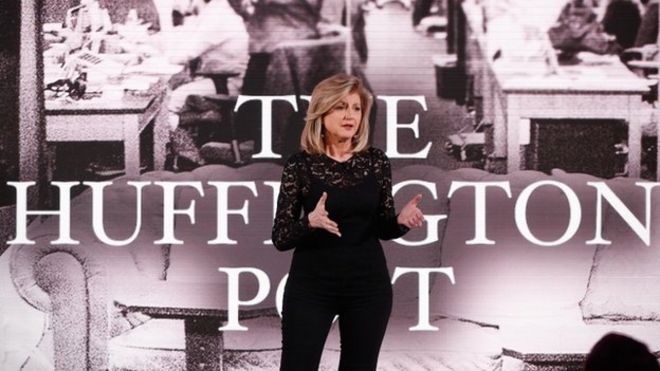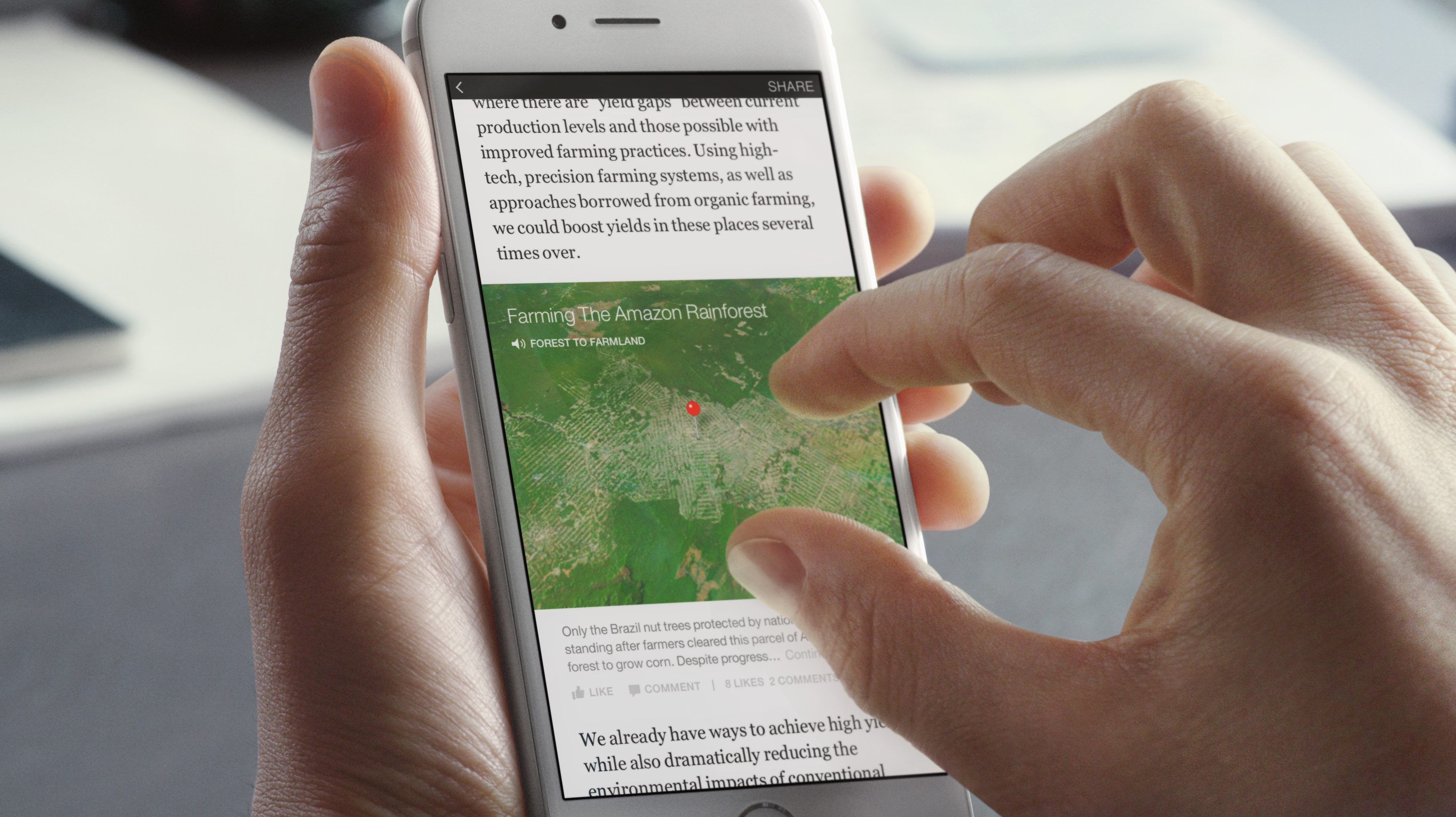Verizon buys AOL for $4.4bn, Apple Pay in China, mobile ad spend to reach $105bn and more…
Each week the MEF team curates mobile stories from around the world. Essential news you may have missed, the latest market insight & data nuggets, the Global Mobile News Round-up offers an instant international mobile content and commerce snapshot.
Global News Stories
 Verizon to buy AOL for $4.4bn
Verizon to buy AOL for $4.4bn
BBC
US telecommunications giant Verizon has agreed to buy AOL in a deal worth $4.4bn (£2.8bn).
Buying AOL will broaden the amount of advertising Verizon can sell and will increase video production.
AOL owns websites such as the Huffington Post, Techcrunch, Engadget, Makers and AOL.com.
Verizon, like UK peers BT and Vodafone, is trying to become more of a one-stop shop for internet services and entertainment.
Apple bullish on Apple Pay in China amid talks with Alibaba
c-net
Apple is chatting with Chinese e-commerce company Alibaba Group and Chinese banks about adopting Apple Pay in the country.
Apple’s CEO Tim Cook acknowledged the talks in an interview with China’s official Xinhua news agency, Reuters reported on Tuesday. Cook didn’t reveal any details about the conversations thus far but expressed a strong desire to launch Apple Payin the country. “We very much want to get Apple Pay in China,” Cook told Xinhua during a visit to China, Reuters said. “I’m very bullish on Apple Pay in China.”
Mobile Advertising Spend To Reach $105bn Globally By 2019, Accounting For 44% Of Total Digital Ad Spend
Juniper
A new study by leading analyst house, Juniper Research has revealed that annual global advertising spend on mobile devices is expected to reach $105 billion by 2019, up from an estimated $51 billion this year.
The research – Digital Advertising: Online, Mobile & Wearables 2015-2019 – suggests that this increase in advertising spend is in large part attributable to an attitude shift amongst brands and retailers who now use mobile as a core channel for consumer engagement. It argues that the ability of smartphones to deliver targeted, personalised and timely advertising – allied to the media-stacking trends amongst consumers – means that mobile advertising offers both high visibility and high response rates.
 Big Data: Protecting Privacy Is Good For Business
Big Data: Protecting Privacy Is Good For Business
Information Week
When it comes to big data best practices, most companies are stumped about how to respect consumer privacy and still get the data they need to make their enterprises profitable. This is particularly true for companies using mobile apps, which often collect all manner of data about user location and habits. The Mobile Ecosystem Forum (MEF), a global mobile trade association, publishes an annual research report on consumer trust and privacy, which tracks the attitudes of mobile users in 15 countries. In its latest report, released in February, 49% of the 15,000 survey respondents said a lack of trust limits the number of apps they download, compared to 37% who said the same in 2014.
 Fewer venture capitalists are betting on game companies
Fewer venture capitalists are betting on game companies
Venturebeat
The game-making business is risky, and that’s led to less capital available for startups in recent years.
Investment in gaming has dropped 7 percent in the first quarter of the year, according to advisory firm Digi-Capital. That’s on top of a capital market that has already declined 25 percent from 2011 to 2014. Total investment in games from venture capitalists was $1.4 billion over the 12 months leading up to the end of March. The problem is that the partners at most firms are risk-adverse, and it’s difficult trying to predict where to put money in a hit-based industry.
Facebook’s instant articles arrive to speed up the News Feed

The Verge
Facebook today is rolling out “instant articles,” quick-loading stories from publishers including The New York Timesand BuzzFeed that load on Facebook’s flagship app 10 times faster than before. The articles, which are hosted on Facebook’s servers, are well designed and create a genuinely better experience than the typical 8-second wait for an article to load on the mobile web.
But if the format proves successful, and Facebook maintains its dominance in distributing news online, publishers could become ever more dependent on a platform they can’t control. Those concerns may prove valid, but it hasn’t stopped big partners from signing up. Soon, many more publishers may feel that they don’t have a choice. Whatever happens, the arrival of instant articles marks a turning point in the evolution of the news.
Data breaches to cost $2.1 trillion by 2019
Biztech Africa
New research from leading market analysts, Juniper Research, suggests that the rapid digitisation of consumers’ lives and enterprise records will increase the cost of data breaches to $2.1 trillion globally by 2019, increasing to almost four times the estimated cost of breaches in 2015.
The report also highlights the increasing professionalism of cybercrime, with the emergence of cybercrime products (i.e. sale of malware creation software) over the past year, as well as the decline in casual activist hacks. Hacktivism has become more successful and less prolific – in future, Juniper expects fewer attacks overall, but more successful ones.
 Online Time Doubles in 10 Years, Driven by Mobile
Online Time Doubles in 10 Years, Driven by Mobile
Mobile Marketing Magazine
The rise of mobile devices has led to people more than doubling the time they spend online over the past decade, according to Ofcom research.
Internet users aged 16 and over in 2014 spent 20 hours and 30 minutes online each week, compared to 9 hours and 54 minutes in 2005. This increase is biggest among 16-24 year olds, who spend an average 27 hours and 36 minutes online each week.
 Warner Music Says Streaming Revenue Has Passed Downloads, and It Wants More
Warner Music Says Streaming Revenue Has Passed Downloads, and It Wants More
re/code
Here’s another sign that the music industry has shifted from selling songs to selling subscriptions: Warner Music Group says that last quarter, streaming music revenue passed revenue from selling downloads. It’s the first time a big music label has hit that milestone.
Streaming revenue from the company’s recorded music unit, generated by companies like Spotify and YouTube, grew 33 percent in Q2, Warner CEO Stephen Cooper announced during the company’s earnings call. Warner says digital revenue grew 7 percent overall — which means download sales from outlets like Apple’s iTunes decreased during the same period.
Global News Round-up – These articles are not written by MEF and do not represent any views of individuals, members or the organisation.







